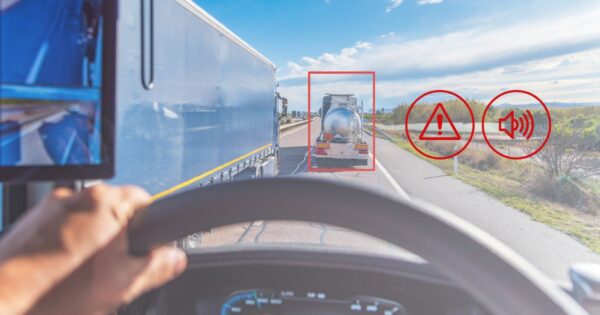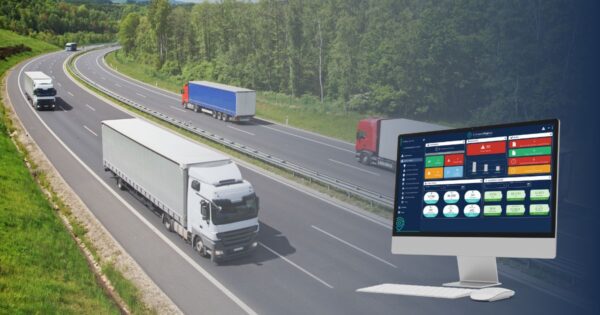David Bowie sang about his musings on Sound and Vision, and many fleet and transport managers have done the same over the years. In fact, we often receive requests to install cameras with built-in mics rather than the silent, video-only models. But adding audio recording to your equipment opens up some potentially troubling issues that you need to be aware of. We’ll outline them below.
The desire to record audio as well as video is quite natural. It’s not so much during an incident, but it is very useful afterwards when the third party, who perhaps caused the incident, says something incriminating. It is also very useful for vehicle security purposes where a thief’s voice, or something they say, may give away their identity.
But beware! In 2008 the Information Commissioner’s Office (ICO) released a revised CCTV code of practice. It stated that sound recording is unnecessary and, unless you have a very specific need, intrusive. If used inappropriately you may therefore be violating the Right to Privacy section of the Human Rights Act 1998.
You therefore need to seriously consider the following:
A. Recording Audio In The Workplace
When the truck or vehicle is stopped at the depot, if you have a vehicle CCTV system that provides continuous recording/delayed switch-off (as our CameraMatics systems do), then you are technically recording in the workplace. But, more importantly, the cab is the driver’s ‘workplace’ hence laws against smoking in the workplace apply to commercial vehicles.
Recording what people say in the workplace is considered a major privacy issue, and much more so than just video recording. You will therefore need to justify the need for it and prove that your use of it will follow very clear and tightly controlled processes. This is essentially the same situation as the issue of installing in-cab cameras, and is covered in our article on Driver Facing Cameras.
When the driver is in the cab resting, perhaps off-duty for long-distance drivers, there is an entirely different and elevated expectation of privacy than when they are driving and on-duty. Even then, private conversations cannot technically be used against the driver unless it is material to a breach of employment or a law.
So, you need to outline why you need to record audio. What it will be used for and what it won’t be used for. You also need to mark the vehicle to very clearly show that video and audio is being recorded. This protects the worker, who might say something off-camera in a private conversation, from being sanctioned.
All this needs to be included in privacy policies and employee contracts so it is very clear to employees how you intend to use and monitor these recordings.










